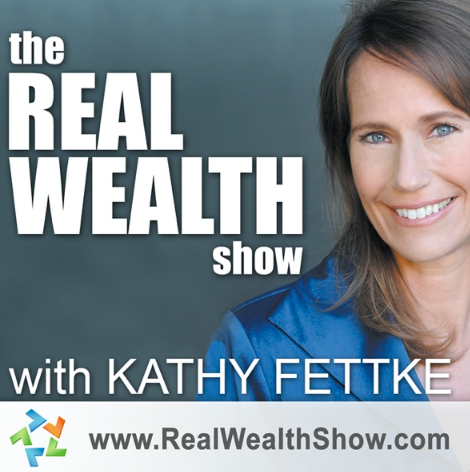January 31st, 2019
Think Realty Radio Podcast Review
On today`s episode of Think Realty Radio host Abhi Golhar interviews Bill Mincarow of PaperSourceOnline.com and the basics of note investing. This is a summary of that interview.
Bill Mincarow bought his first note in 1980. He also invests in single family rentals and farmland. He started Paper Source Online as a way to teach people how to invest in notes. He doesn`t sell notes or have any sales pitches.
* The Basics of Note Investing – What is a note?
A note is an IOU in its most basic form. With real estate this refers to the mortgage that is paid on a property. As a note investor you take over the role of the bank. In exchange for loaning money (or more often taking a delay in payment on a property you are selling) you collect payments and interest just like the bank.
* Benefits of Note Investing
The biggest benefit of note investing is that there are no tenants. When you own the note you don`t own the property which means that you don`t have to deal with tenants calling you in the middle of the night for maintenance issues. You have no responsibility for the property or repairs.
Also, notes give you higher yields than single family rentals. This is because notes don`t appreciate like houses do. Therefore, investors require more yield on their investments. In many cases the returns will be in the double digits.
Unlike ownership, there is no liability with note investing. If someone slips and falls on the property they sue the owner, not the bank. As the bank you have nothing to worry about.
Finally notes are easy to sell. Much easier then selling a house. You can even sell parts of a note.
* How is Note Investing Different from Stocks?
Notes are similar to stocks in how the interest rates effect value. If you have an 8% note, and rates go up to 12%, the value of your note goes down. Likewise, if rates go down the value of your note goes up.
When investors purchase stock they are third in line for repayment if something goes wrong. First comes the bond holders, followed by preferred investors, and finally the stock holders. This isn`t the case with notes. All notes are secured by property and note holders are the first to be paid off. Property owners even take out insurance that pays you back in case of loss!
* Buying Real Estate from a Distance
Buying single family rentals from a distance can be troublesome. Driving to meet people doesn`t work when you live far away. With notes you can be far away because you don`t own the property. Instead, you simply have an appraiser look at the property. Next you verify the Property, Paperwork, and Payer. After this you just collect checks in the mail. If you call a note a stock, suddenly you stop caring where it is located.
* Note Investor Yield vs. Debtors Interest
A common misconception about notes is that because you are earning a high percentage, that must mean that the buyer is paying a huge percentage. This isn`t the case. “The less you pay for a note, the higher your yield” says Bill. “When a note is created, it is created at a certain interest rate”. When the note is sold nothing changes with the rate the borrower pays. The discount that the investor receives on the note will determine the yield, but the interest rate to the borrower never changes. For example, the interest rate can be 1% and the yield 15% if the note is purchased at enough of a discount.
* Regulations
“Note investing is virtually unregulated” says Bill. It is not regulated by the Federal Government or 95% of the states. One notable exception is California, but it is important to remember that note investing is not lending. No money changes hands during seller financing deals. Instead you are simply delaying payment for the property you are selling.
Bill suggests taking his free e-course online at PaperSourceOnline.com
This summary was provided by Casey Ryan Richards. My website is http://www.CaseyRyanRichards.name/
I am a real estate investor and trader. I currently live in Rutland, Vermont with my husband Max. We maintain this blog as a collection of our notes from various Real Estate related podcasts. We have not visited any of the websites mentioned


